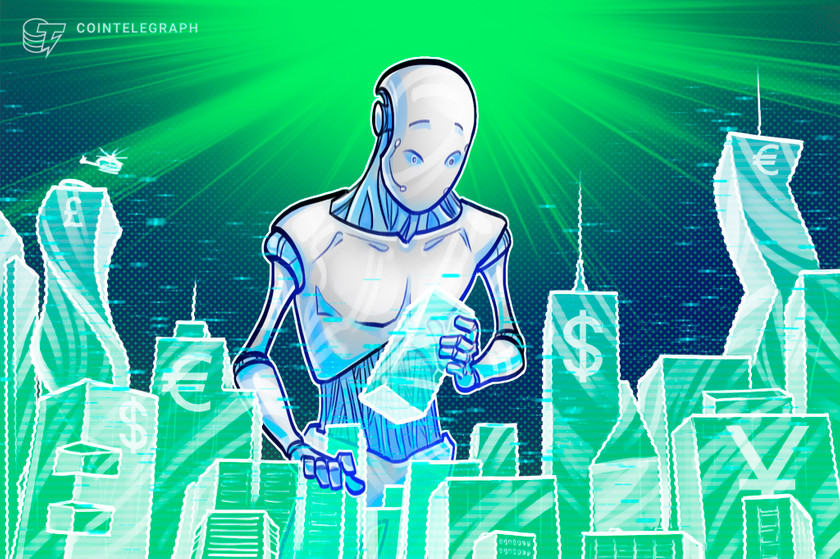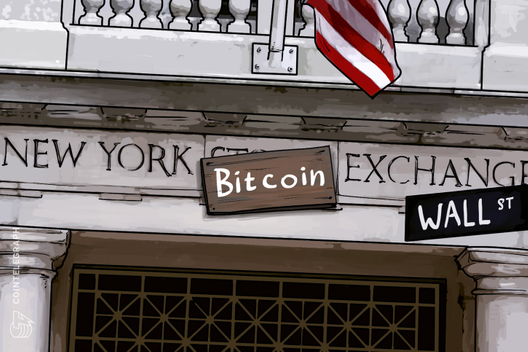Following three years of development, Aragon Court has launched aimed at operating as a digital jurisdiction and an online decentralized court.
The launch was announced in a blog post on Feb. 10, detailing that over the past three years the team behind the project had created and launched relevant tools for Decentralized Autonomous Organizations (DAO) to exist. At that point, the platform counted more than 1,000 DAO created with $8 million under management.
How Aragon Court was born
The post explained the origins of the idea of Aragon Court:
“In 2017, we figured out that DAOs need to grow outside of their blockchain and machine-powered smart contracts. DAOs need subjective agreements. DAOs and their users need an equivalent of the legal system, but fully native to them.”
By rolling out Aragon Court, the team behind the project aims to eliminate “traditional artificial barriers such as national jurisdictions or the borders of a single country” when it comes to adjudicating disputes. Aragon Court uses a game theory method known as a Schelling Game in order to provide a subjective outcome to the dispute.
Anyone around the world can become a juror
In the Aragon Court, any person around the world can become a juror, upon condition that they possess at least 10,000 staked and activated ANJ tokens. Once a dispute is raised, the system singles out jurors to adjudicate it. Per the company, the chance of being called to jury duty is proportional to the number of the platform’s native tokens, ANJ, a community member has activated.
Previously, Luis Cuende, executive director at Aragon Association, told Cointelegraph that there is no need for Aragon Court to come into dispute with relevant authorities, which would authorize it to deliver official judgments like traditional courts within certain jurisdictions, since the project is “special precisely because it’s entirely decentralized and borderless.”
When asked how rulings by jurors within the project are set to be executed, Cuende explained:
“They are automatically executed by smart contracts — juries provide their decisions, and then the smart contract rewards or penalizes the winning and losing parties respectively. There is no trust involved or centralized parties who can tamper with the system.”









